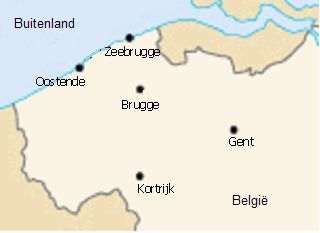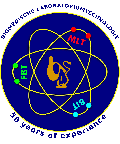
Pages
Faculty of Science, University of Zagreb
Abstract 2018-2019 (1): Use of codon usage-mediated translational optimization in metagenomes as biomarkers for human-associated syndromes
Translational optimization is a process used by prokaryotes to regulate the rate of translation by encoding their proteins with synonymous codons. The selection of these codons can improve or decrease the rate of translation. By analysing the prokaryotic open reading frames in terms of translational optimization, genes and processes can be revealed that are important for their lifestyle. The information gained from this can be used to determine the lifestyle-specific genes and processes across whole metagenomes. This information can be used in context of human-associated microbial communities to reveal functional properties, potentially important to the host-metagenome interactions and relevant for health and wellbeing of the host. In this project I analysed 161 samples of human gut associated microbiomes originating from healthy subjects and patients suffering from liver cirrhosis. By analysing predicted lifestyle specific genes, I discovered potential important cirrhosis related biomarkers. I used machine learning techniques (random forest) to build a model which I used to classify new samples. By examining the variable importance plot from the random forest model, I was able to determine which genes differ the most between healthy and sick samples. Further exploration of these genes might reveal their importance in the origin and the progression of the disease. The importance of discovered genes was confirmed by two other methods, an unsupervised machine learning approach Principle component analysis and by utilizing standard statistical Wilcox test. Via enrichment analysis the KO’s can be connected to their pathways. This pathways can be further explored to connect them to known diseases. By doing so new insights in diseases and protentional use of metagenomes and capabilities can be revealed.
Abstract 2018-2019 (2): Computational analysis of DNA flexibility parameters in discovery of chromatin structure-related regulatory mechanisms
Formation of a DNA-protein complexes lies at the core of a variety of biological processes, such as transcriptional regulation and nucleosome positioning. Structural properties of DNA such as curvature and flexibility play an important role in the formation of these DNAprotein complexes. These properties determine if a stretch of DNA is able to assume the conformation needed for binding of the specific protein. DNA bendability is a sequencedependent intrinsic property of DNA describing the possible degree of curving towards the major groove. Bendability coefficients for each trinucleotide were experimentally determined in a preceding study making use of nucleosome positioning and DNase I cleavage experiments. Calculating and predicting the bendability of specific regions in DNA sequences is highly relevant in light of transcriptional control. Having a computational framework for this purpose can provide us with another layer of important knowledge about chromatin-level gene regulation. For this purpose an R package was developed that facilitates this analysis of DNA bendability. The main goal of the package is to calculate a bendability profile of a query sequence and generate all other sequences having the same or a similar bendability profile (given a certain tolerance). Other features of the package include two functions that help with the readability and visualization of the output: A function for plotting the DNA bendability profile of the query and a function for clustering of the output sequences and generating a consensus sequence for each of these clusters.
|
Tags: bioinformatics |
Address
|
Horvatovac 102a
10000 Zagreb
Croatia |
Contacts
|
Traineeship supervisor
Kristian Vlahovicek
+385 1 4606306 kristian@bioinfo.hr |

